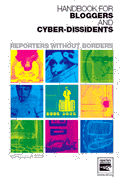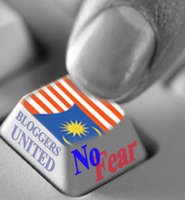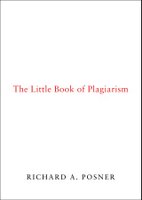SILENCING CYBERSPACE - THE FINAL FRONTIER?Whatever your take on the case at hand (the NST v. Jeff and Rocky Bru) the debate that is thrown up is vitally important, and freedom of speech must be safeguarded.
Date: 6 February2007 (Tuesday)
Time: 7.30 pm
Venue: KL & Selangor Chinese Assembly Hall
Speakers:
* Mr Yeo Yang Poh, President of the Malaysian Bar Council
* Mr Jeff Ooi, Pioneer Malaysian Blogger
* Ms Sonia Randhawa, Executive Director, Centre for Independent Journalism
* Mr Lim Kit Siang, Parliamentary Opposition Leader
* Mr Lim Guan Eng, Secretary-General of DAP
As of today, we have the Printing and Publications Act 1984 which provides that it is a criminal offense to possess or use a printing press without a licence granted by the Internal Security Minister. The Minister is given "absolute discretion" in the granting and revocation of licences, which is required to be renewed on a yearly basis.
We do not require such an Act to govern us in the cyberspace. The Bill of Guarantees of the Multimedia Super Corridor project assures us, Malaysians, and the world that there will be no censorship of the Internet.
 The Centre for Independent Journalism meanwhile offers a downloadable copy of a Handbook for Bloggers and Cyber-Dissidents produced by Reporters Without Borders which should be compulsory reading for all who venture online.
The Centre for Independent Journalism meanwhile offers a downloadable copy of a Handbook for Bloggers and Cyber-Dissidents produced by Reporters Without Borders which should be compulsory reading for all who venture online.As the blurb says:
Bloggers are often the only real journalists in countries where the mainstream media is censored or under pressure. Only they provide independent news, at the risk of displeasing the government and sometimes courting arrest.
Zedeck Siew, Kakiseni editor, echoes my sentiments too when he writes:
Ahirudin and Jeff Ooi (of Screenshots, who is also being sued) are de facto public intellectuals, providing commentary on Malaysian issues for the Greater Good; this censure -- considering the NSTP has a plethora of alternative actions to debunk Rocky and Jeff’s opinions, avenues that would not stink of hammer-headed censorship -- is like impaling someone just to improve his posture. A government sanctioned sula, too. Our Prime Minister: “They cannot hope to cover themselves or hide from the laws.” We thought we were done with the Middle Ages.My apologies for not giving you your fix of biblionews earlier in the day - my internet connection is still giving me big problems, but should be fixed tomorrow.

